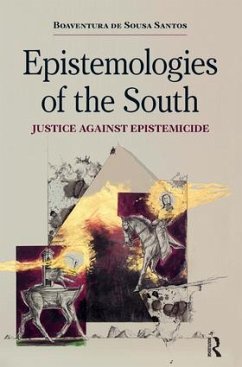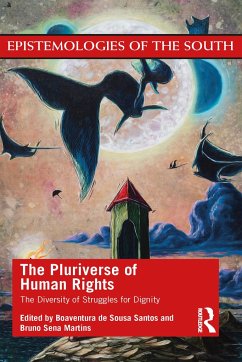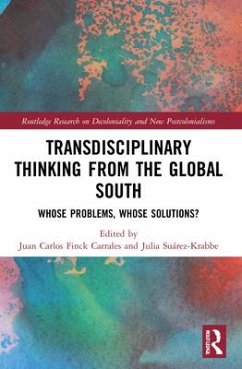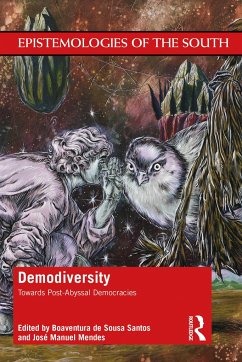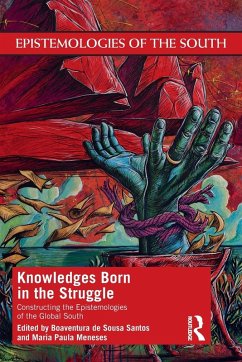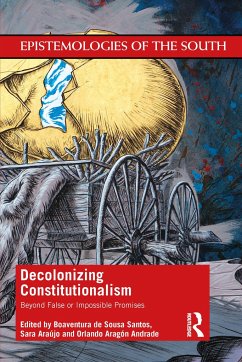
Epistemologies of the South
Justice Against Epistemicide
Versandkostenfrei!
Versandfertig in 6-10 Tagen
202,99 €
inkl. MwSt.
Weitere Ausgaben:

PAYBACK Punkte
101 °P sammeln!
This book explores the concept of 'cognitive injustice': the failure to recognise the different ways of knowing by which people across the globe run their lives and provide meaning to their existence. Boaventura de Sousa Santos shows why global social justice is not possible without global cognitive justice. Santos argues that Western domination has profoundly marginalised knowledge and wisdom that had been in existence in the global South. She contends that today it is imperative to recover and valorize the epistemological diversity of the world. Epistemologies of the South outlines a new kin...
This book explores the concept of 'cognitive injustice': the failure to recognise the different ways of knowing by which people across the globe run their lives and provide meaning to their existence. Boaventura de Sousa Santos shows why global social justice is not possible without global cognitive justice. Santos argues that Western domination has profoundly marginalised knowledge and wisdom that had been in existence in the global South. She contends that today it is imperative to recover and valorize the epistemological diversity of the world. Epistemologies of the South outlines a new kind of bottom-up cosmopolitanism, in which conviviality, solidarity and life triumph against the logic of market-ridden greed and individualism.





